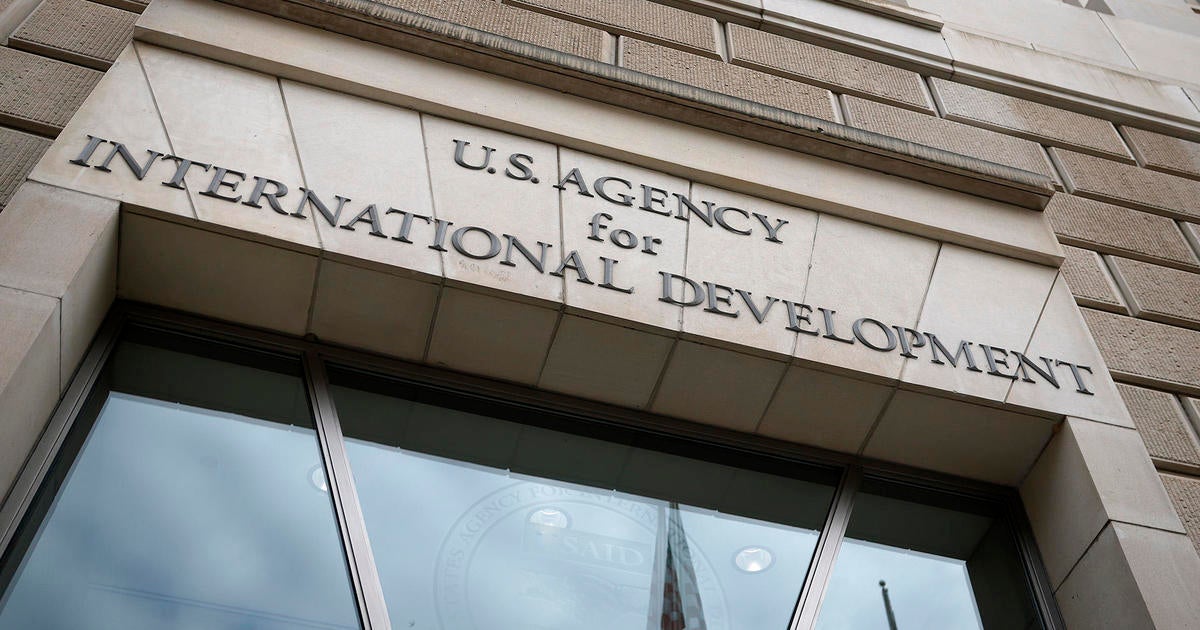Alarming $500 Million Worth of Food Faces Spoilage Due to USAID Hold
A staggering $500 million in food aid is on the brink of spoilage as USAID pauses its operations. This critical situation raises severe alarms among experts and humanitarian organizations, as vulnerable populations relying on this essential assistance face dire consequences. The halt not only threatens to waste vast amounts of food but also jeopardizes the health and well-being of millions who depend on these supplies for their survival. In this article, we’ll delve into the implications of this hold, explore the causes behind it, and discuss potential solutions to mitigate the impending crisis.
Understanding the USAID Hold
The United States Agency for International Development (USAID) plays a pivotal role in delivering food aid to regions plagued by famine, conflict, and natural disasters. Their operations are designed to provide immediate relief to those most in need. However, the recent pause has raised significant concerns among aid workers and governments alike.
The hold on operations can stem from various factors, including:
- Political Instability: Changes in government or political tensions in recipient countries can result in the suspension of aid.
- Logistical Challenges: Disruptions in transportation or storage facilities can hinder the distribution of food supplies.
- Funding Issues: Delays in budget approvals or reallocations can impact the availability of resources for ongoing aid efforts.
As a result of these factors, a significant portion of food designated for humanitarian assistance now faces spoilage, leading to an alarming situation that could escalate if not addressed swiftly.
Impact on Vulnerable Populations
The consequences of this hold are particularly dire for vulnerable populations, including children, the elderly, and those suffering from malnutrition. For many, food aid is not just a luxury; it’s a lifeline. When such a significant quantity of food is at risk of spoilage, the ramifications extend beyond mere loss of resources.
- Nutritional Deficiencies: Without access to essential food supplies, individuals may experience deteriorating health, particularly those already struggling with malnutrition.
- Increased Mortality Rates: In extreme cases, the lack of food aid can lead to increased mortality rates, particularly in conflict zones or regions affected by natural disasters.
- Social Unrest: Scarcity of food can lead to protests and instability, further complicating humanitarian efforts.
Experts predict that if the situation is not rectified soon, the hold may exacerbate existing crises, leading to catastrophic outcomes for millions who are already vulnerable.
Experts Weigh In: The Urgency of Action
Humanitarian experts have expressed urgent concerns regarding the current situation. Dr. Maria Gonzales, a leading figure in global food security, emphasized the importance of swift action in her recent statement:
“The implications of this hold are profound. If the food aid is not distributed in time, we are looking at increased malnutrition rates, particularly among children. It is vital that we find a resolution quickly to avert a humanitarian disaster.”
Moreover, organizations such as the World Food Programme (WFP) have also raised alarms. They stress that timely intervention is critical not only for the immediate beneficiaries but also for maintaining the integrity of future aid efforts.
Potential Solutions to Prevent Spoilage
While the situation appears dire, there are several viable strategies that can be implemented to mitigate the impending crisis:
- Streamlined Logistics: Improving logistical frameworks can help ensure that food reaches those in need more efficiently. This may include enhancing transportation networks and storage facilities.
- Collaboration with Local Organizations: Partnering with local NGOs can facilitate faster distribution and ensure that food aid reaches the most affected populations without delay.
- Utilizing Technology: Implementing technology solutions, such as tracking systems for food shipments, can help manage supplies effectively and prevent spoilage.
- Emergency Funding: Securing emergency funds to support ongoing operations can help address any financial constraints that may be causing the hold.
These proactive measures can significantly reduce the likelihood of spoilage and ensure that food aid continues to reach those who rely on it the most.
The Role of Advocacy and Awareness
Raising awareness about the current situation is crucial. Advocacy efforts can mobilize public opinion and pressure governments and organizations to take immediate action. Social media campaigns, community outreach, and partnerships with influential figures can draw attention to the plight of vulnerable populations and the urgency of the situation.
Moreover, engaging with policymakers to discuss the implications of this hold and the importance of food aid can lead to more significant support for humanitarian initiatives. By fostering a collaborative approach between governments, NGOs, and local communities, we can create a more resilient food aid system.
Conclusion: A Call to Action
The alarming situation of $500 million worth of food aid facing spoilage due to the USAID hold is a wake-up call for the global community. It underscores the fragility of food security efforts and the dire consequences of inaction. As we stand on the brink of a potential crisis, it is imperative that we act swiftly and decisively to protect the lives of millions who depend on this assistance.
By implementing effective solutions, mobilizing advocacy efforts, and fostering collaboration among all stakeholders, we can not only prevent the spoilage of vital resources but also strengthen our commitment to alleviating hunger and promoting food security around the world. The time to act is now, for the sake of those who need it most.
See more Update My News



